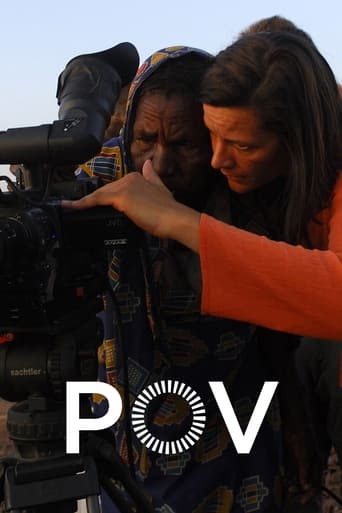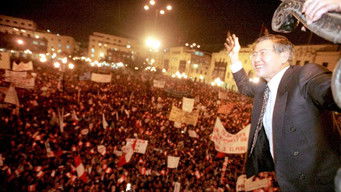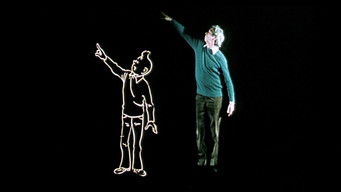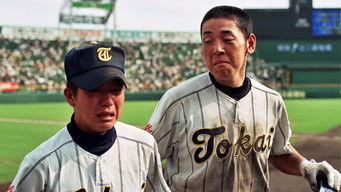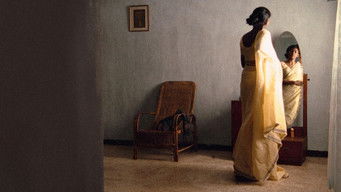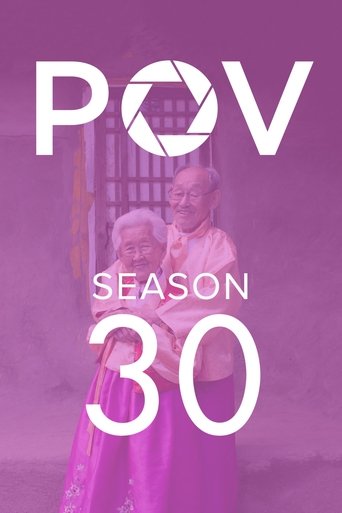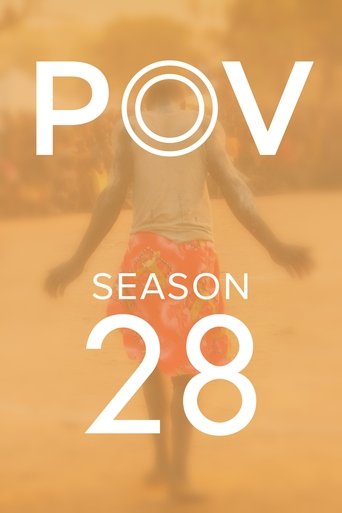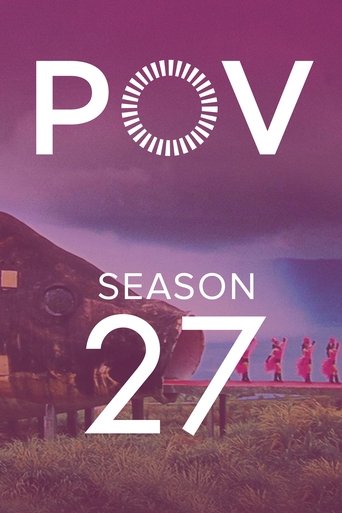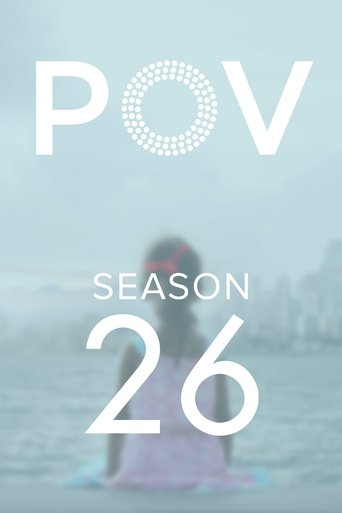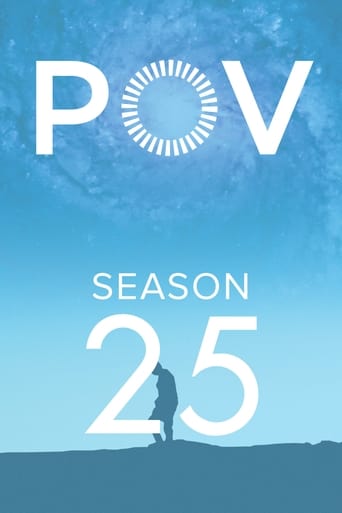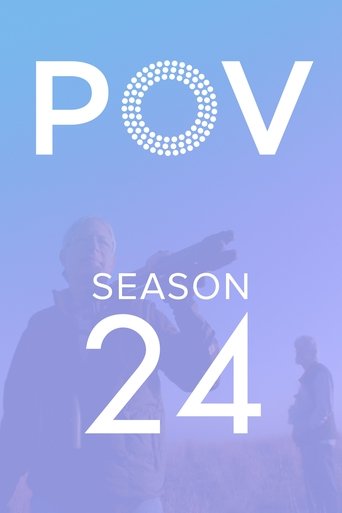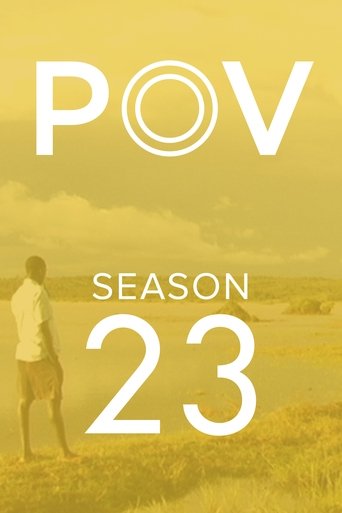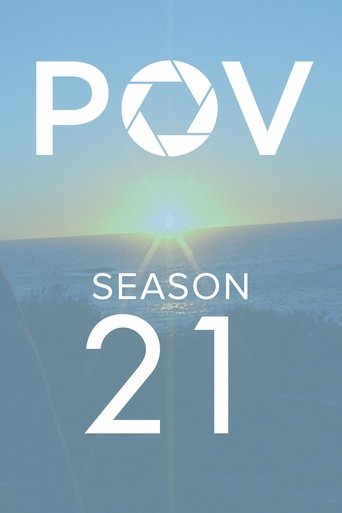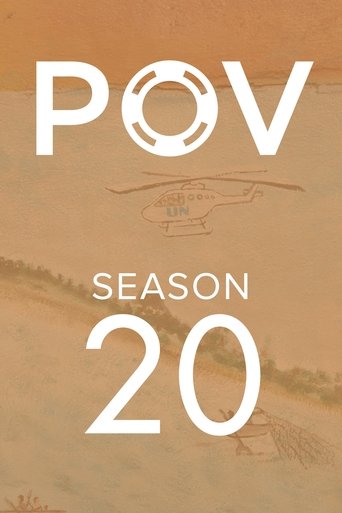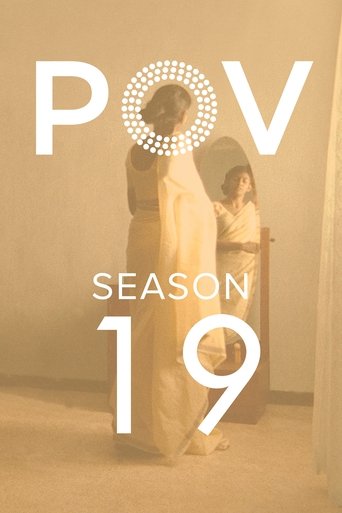POV Season 19
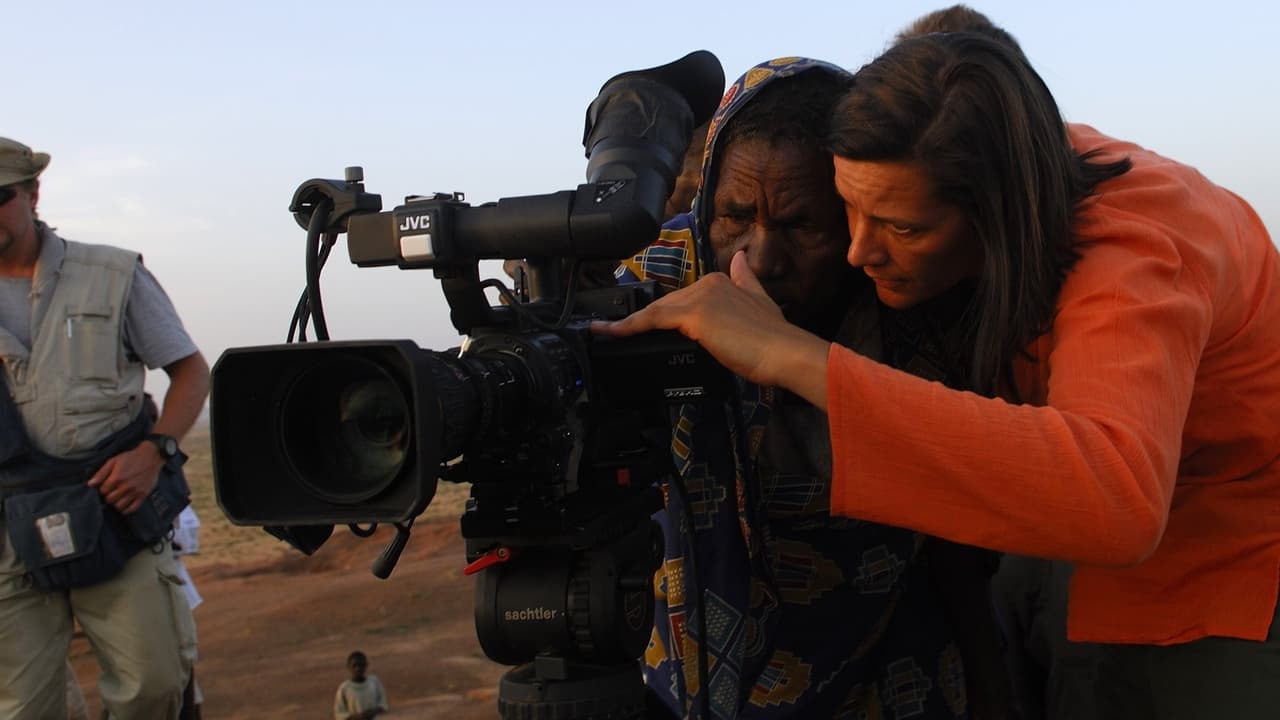
Since its 1988 premiere, this critically acclaimed documentary series has presented hundreds of films that put a human face on contemporary social issues by relating a compelling story in an intimate fashion. "POV" has won virtually every major film and broadcasting award available, including 38 Emmys, 22 Peabody Awards and three Oscars.
Watch NowWith 30 Day Free Trial!
POV
1988

Since its 1988 premiere, this critically acclaimed documentary series has presented hundreds of films that put a human face on contemporary social issues by relating a compelling story in an intimate fashion. "POV" has won virtually every major film and broadcasting award available, including 38 Emmys, 22 Peabody Awards and three Oscars.
Watch Trailer
With 30 Day Free Trial!
POV Season 19 Full Episode Guide
My Country, My Country is a 2006 documentary film about Iraq under U.S. occupation by the filmmaker Laura Poitras.
Just over the border in Mexico is an area peppered with maquiladoras: massive factories often owned by the world's largest multinational corporations. Carmen and Lourdes work at maquiladoras in Tijuana, where each day they confront labor violations, environmental devastation and urban chaos. In this lyrical documentary, the women reach beyond the daily struggle for survival to organize for change, taking on both the Mexican and U.S. governments and a major television manufacturer. A co-production of the Independent Television Service (ITVS).
"My name is Steven, and I am a dwarf..." So begins No Bigger than a Minute, a stylishly eclectic documentary film that introduces viewers to four-foot-tall filmmaker, Steven Delano. For forty years Steven lived his life as a reluctant celebrity, disavowing his dwarf deviance and avoiding both the benefits and potential traumas of real self-discovery. In making this film Steven uses his license-of-stature and a healthy dose of irreverent humor to show first-hand how a genetic mutation marks a person for life. Brimming with bright colors, bold images, surreal reenactments, and an original score composed from Steven's very own mutated DNA sequence, No Bigger than a Minute finds the dignity of dwarfs in an exposé of the delightful, fulfilling and sometimes shocking realities that define a tip-toe life.
In the wake of his stepfather’s death, Thomas Allen Harris embarks on a journey of reconciliation with the man who raised him as a son but whom he could never call "father." As part of the first wave of black South African exiles, Harris’s stepfather, B. Pule Leinaeng, and his eleven comrades left their home in Bloemfontein in 1960. They told the world about the brutality of the apartheid system and raised support for the fledgling African National Congress and its leader, Nelson Mandela. Drawing upon the memories of the surviving disciples and their families, along with the talent of young South African actors who portray their harrowing experiences, Twelve Disciples of Nelson Mandela tells an intimate story of family and home against the backdrop of a global movement for freedom. A co-production of the Independent Television Service (ITVS), in association with P.O.V./American Documentary and the National Black Programming Consortium.
Devon, Montrey, Richard, and Romesh are just at that age — 12 and 13 years old — when boys start to become men. But in their hometown of Baltimore, one of the country’s most poverty-stricken cities for inner-city residents, African-American boys have a very high chance of being incarcerated or killed before they reach adulthood. The boys are offered an amazing opportunity in the form of the Baraka school, a project founded to break the cycle of violence through an innovative education program that literally removed young boys from low-performing public schools and unstable home environments. They travel with their classmates to rural Kenya in East Africa, where a teacher-student ratio of one to five, a strict disciplinary program and a comprehensive curriculum form the core of their new educational program. The Boys of Baraka follows along with their journey, and examines each boy’s transformation during this remarkable time. Winner of awards at the Newport, Chicago, Woodstock and SILVERDOCS Film Festivals. A co-presentation with the Independent Television Service (ITVS). Produced in association with P.O.V./American Documentary.
The term "working poor" should be an oxymoron. If you work full time, you should not be poor, but more than 30 million Americans — one in four workers — are stuck in jobs that do not pay the basics for a decent life. Waging a Living chronicles the day-to-day battles of four low-wage earners fighting to lift their families out of poverty. Shot over a three-year period in the northeast and California, this observational documentary captures the dreams, frustrations, and accomplishments of a diverse group of people who struggle to live from paycheck to paycheck. By presenting an unvarnished look at the barriers that these workers must overcome to lift their families out of poverty, Waging a Living offers a sobering view of the elusive American Dream.
Alan Lomax was "the song hunter." He devoted his life to recording the world's folk tunes before they would permanently disappear with the rise of the modern music industry. In Lomax the Songhunter, filmmaker Rogier Kappers seeks to tell Lomax's story by interviewing friends such as Pete Seeger, combining it with archival recordings of music greats Woody Guthrie and Leadbelly, and gathering footage of the cotton fields, rock quarries and prisons where Alan Lomax captured America’s quintessential music. Finally, Kappers followed the route that Lomax took so many years ago and traveled to remote villages in Spain and Italy, hearing memories and music from the farmers, shepherds and weavers whose songs Lomax recorded decades earlier.
The proud Mexican tradition of corrido music—captured in the performances of Mexican band Los Tigres del Norte and the late Chalino Sanchez—provides both heartbeat and backbone to this rich examination of songs, drugs and dreams along the U.S./Mexico border. Al Otro Lado follows Magdiel, an aspiring corrido composer from the drug capital of Mexico, as he faces two difficult choices to better his life: to traffic drugs or to cross the border illegally into the United States. An Official Selection of the Tribeca Film Festival.
Global Recordings Network (GRN), founded in Los Angeles in 1939, has produced audio versions of Bible stories in over 5,500 languages, and aims to record in every language on earth. They distribute the recordings, along with ultra-low-tech hand-wind players, in isolated regions and among displaced migrant workers. The Bible stories played by the missionaries are sometimes the first encounter community members have had with recorded sound, and, even more frequently, the first time they have heard their own language recorded. GRN calls their target audience "the tailenders" because they are the last to be reached by worldwide evangelism. Filmed in the Solomon Islands, Mexico, India and the United States, The Tailenders focuses on the intersection of missionary activity and global capitalism and raises questions about how meaning, carried by the simple sound of a human voice, changes as it crosses language and culture.
In 1990, an unknown candidate named Alberto Fujimori rode a wave of popular support to become the president of Peru. He fought an allout war on terror against the guerilla organization Shining Path, and won. Ten years later, accused of kidnapping, murder and corruption, he fled Peru to his native Japan, where he was in exile for four years. Fujimori has remained virtually silent about the abrupt end of his controversial presidency, until now. He granted an unprecedented, in-depth interview to filmmaker Ellen Perry, who presents an intimate, chilling portrait of this enigmatic leader's rise and fall, interweaving neverbefore-seen footage from his regime with Fujimori's own words. As events unfold in his quest to return to Peruvian politics, The Fall of Fujimori offers a cautionary tale about power and corruption in an age of terrorism.
Why do the comic-strip Adventures of Tintin, about an intrepid boy reporter, continue to fascinate us decades after their publication? "Tintin and I" highlights the potent social and political underpinnings that give Tintin's world such depth, and delve into the mind of Hergé, Tintin's work-obsessed Belgian creator, to reveal the creation and development of Tintin over time. Rare and surprisingly candid 1970s interviews reveal the profound insecurities and anxieties that drove Hergé to produce stories that have not only entertained millions of children but also helped to satisfy a personal longing for self-expression. With stunning visual effects, "Tintin and I" takes us on a fascinating journey into the psyche and brilliant work of Hergé, in his own words.
In Japan, baseball is not a pastime — it's a national obsession. And for many of the country's youth, the sport has become a rite of passage, epitomized by the national high school baseball tournament known simply as "Koshien." Four thousand teams enter, but only 49 are chosen to compete in the championship that grips the nation for two weeks every August.
A story of love, revolution and betrayal, No More Tears Sister explores the price of truth in times of war. Set during the violent ethnic conflict that has enveloped Sri Lanka over decades, the film recreates the courageous and vibrant life of renowned human rights activist Dr. Rajani Thiranagama. Mother, anatomy professor, author and symbol of hope, Thiranagama's commitment to truth and human rights led to her assassination at the age of 35. This documentary recounts her dramatic story through rare archival footage, intimate correspondences, and poetic recreations, exposing the high price that this revolutionary woman paid for her pursuit of justice.
Free Trial Channels
Seasons


